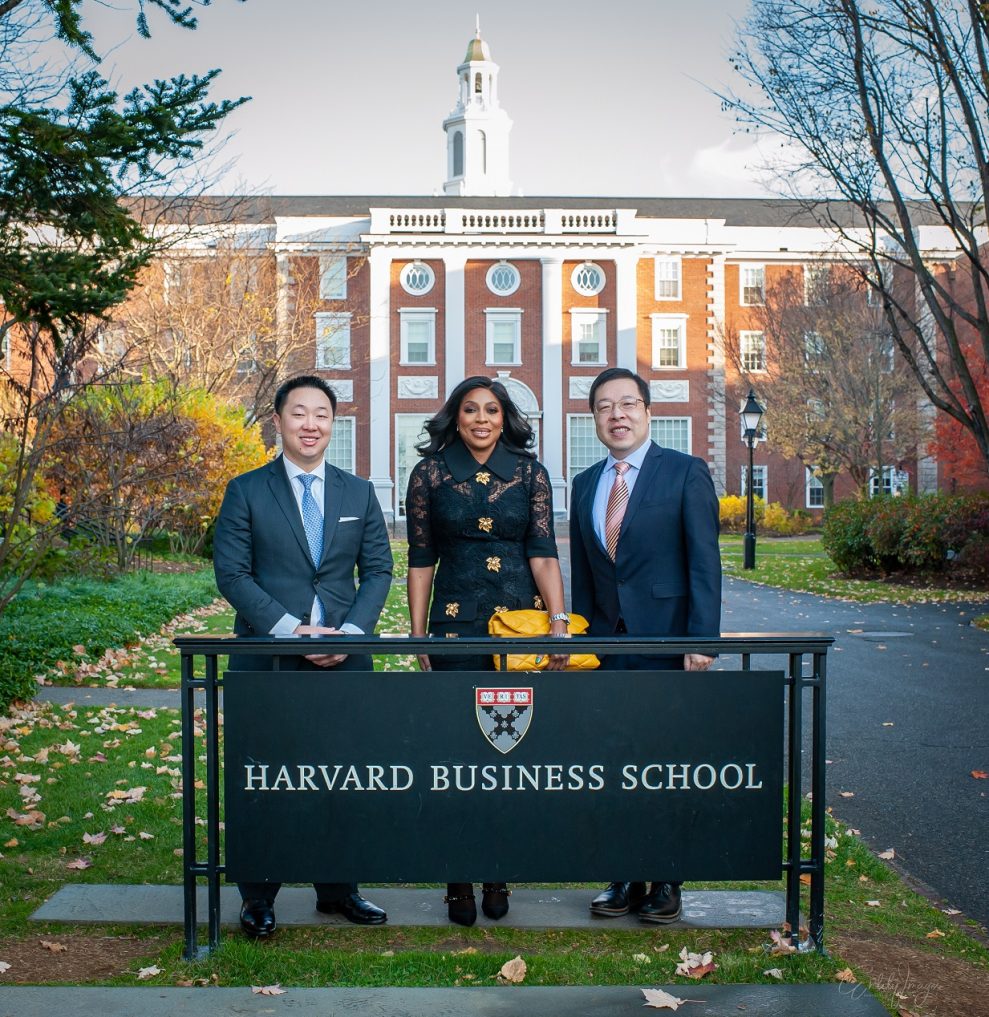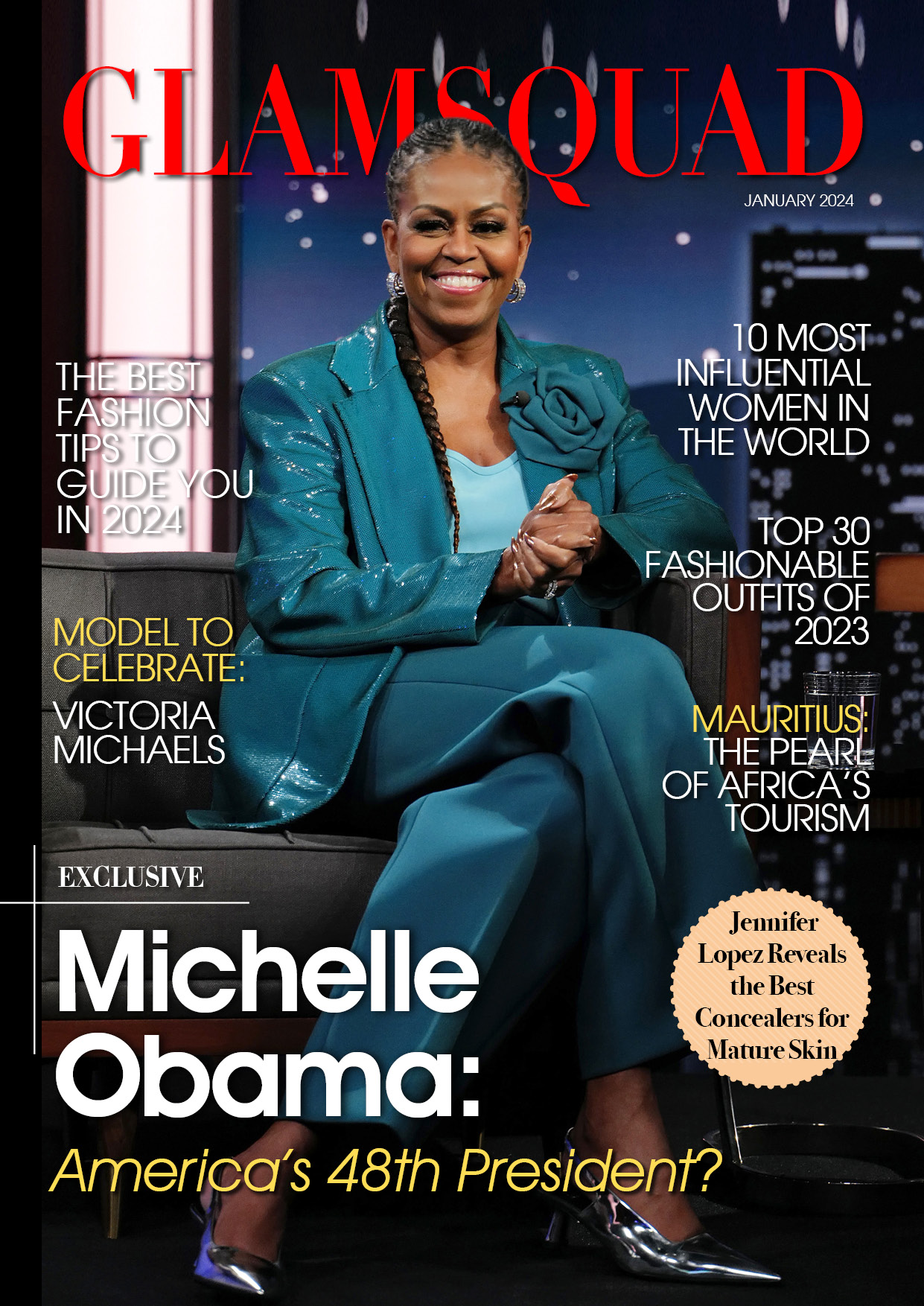
Mo Abudu has joined a lengthy list of CEOs whose methods and judgments have been studied as case studies at Harvard Business School, including Warren Buffet and Elon Musk.
As part of their curriculum this academic year, all first-year MBA students will be expected to complete a case study on EbonyLife Media. Students will learn about EbonyLife’s company model’s evolution, growth, and obstacles, as well as the direction CEO Mo Abudu should take.
Read Also: Mo Abudu is all classy and chic as she turns ‘age 57’
Over 1,000 Harvard MBA students and teachers attended the first day of courses on November 18, 2021, at the HBS campus in Boston, Massachusetts.
This means that every Harvard Business School first-year student will read a case about an African company run by a Nigerian woman. Things we like to look at!
Students will read roughly 500 case studies during their two-year MBA program, including the EbonyLife case study. Nearly half of the lawsuits involve multinational corporations.
During three class sessions scheduled throughout the day, Mo Abudu has been invited to witness the case being presented and share her comments with the students. She will spend the first hour of class listening to students discuss the case, then students will have the opportunity to ask her questions during the last 20-25 minutes of class.
The interaction will be broadcast to other classes that are taking place at the same time. Later that day, she will have additional opportunities to interact with students and faculty to provide additional insight into her approach to EbonyLife’s strategic growth.
She said, “At first, I was surprised by Harvard’s interest in us, however, I can now see how a diverse faculty and student body could benefit from looking at how companies in Africa and other parts of the world deal with challenges unique to their environment. I’m looking forward to the discussions and the students’ perspectives.”
The HBS case study is to be presented in two parts – A and B. Case study A chronicles the journey of EbonyLife Media from inception to December 2020, while case study B provides a summary of what has occurred between January and October 2021.
Having read case study A, the students will have to consider the choices chronicled in the HBS case study abstract below and give their analysis. Through interaction with Mo Abudu and the reading of case study B, they will be able to find out what has happened since the case was written and how appropriate their evaluation and recommendations have been.
By December 2020, after movement restrictions were lifted in Nigeria, Mo Abudu planned to relaunch EbonyLife Place but at the same time had other concerns. Chief among them was whether to continue with EbonyLife’s online platform EbonyLife On (EL ON) and if so, what changes would be required? She also considered alternatives: building a sustainable business with international partners as a means of becoming Africa’ foremost production company or continuing to operate EL ON while pursuing such international partnerships.
She recognized that making these kinds of adjustments would be difficult after more than two decades in the media sector. The stakes were considerable, having established a portfolio of assets that included a resort and a creative academy. Livelihoods and the long-term viability of a whole sector could be jeopardized. She was undecided about which option was the best.
View this post on Instagram
View this post on Instagram










